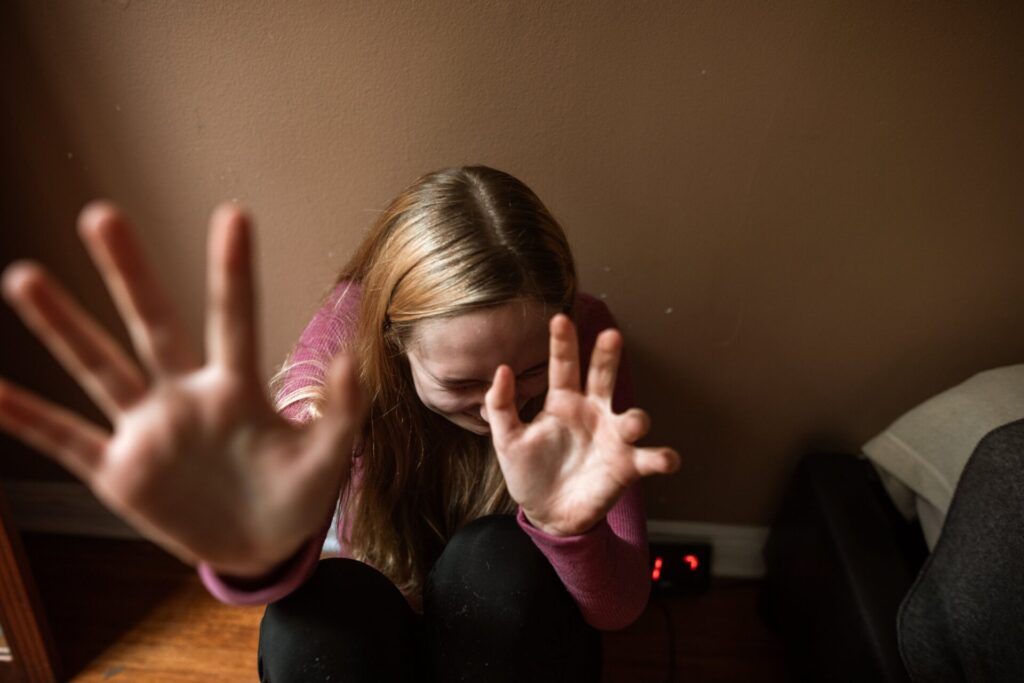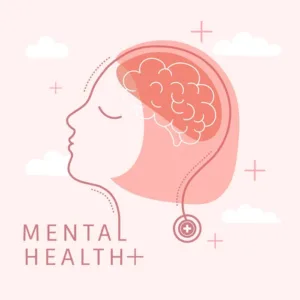Emotional abuse can be tricky to spot, hiding behind words and actions that slowly wear down your happiness. It’s not always about physical harm; it’s more like a constant undercurrent of controlling behaviors. Let’s explore this emotional maze and uncover five signs that you might be stuck in a hurtful Emotional Abuse situation. Plus we have a small questionnaire to help identify an abusive situation.
Feeling Put Down: Words That Hurt Your Heart in Emotional Abuse
1
In a tough situation, the person causing harm might try to make you feel small. They might:
- Call You Mean Names: Use insulting words or weird nicknames that make you feel bad.
- Always Criticize: Say you’re always wrong or messing up, making you feel like you can’t do anything right.
- Get Really Loud: Even if they don’t hit you, yelling and shouting can still make you feel scared and small.
- Embarrass You in Public: Start fights, spill your secrets, or make fun of you when others are around.
- Ignore Your Feelings: Dismiss what matters to you, making you feel like your thoughts and achievements don’t count.

Someone Trying to Control You: Feeling Trapped in Emotional Abuse
2
In an Emotional Abuse situation, the person hurting you might want all the power. They might:
- Threaten You: Say they’ll get you fired or report you as a bad parent to scare you.
- Always Check Where You Are: Want to know where you are all the time and get upset if you don’t answer right away.
- Spy on Your Phone and Computer: Force you to share passwords and snoop around in your private stuff.
- Make You Doubt Yourself: Say things never happened or that you’re making stuff up, making you question your own memory.
- Decide Everything for You: Control your money, what you do, and even what you wear.

Making You Feel Guilty in a Emotional Abuse Situation: A Sneaky Power Move
3
People who hurt others often want to be in charge. They might:
- Get Jealous: Accuse you of flirting or cheating to make you feel bad.
- Use Guilt: Try to make you feel like you owe them for all they’ve done for you.
- Expect Too Much: Want you to do everything their way and put their needs before yours.
- Blame You for Everything: Say everything’s your fault, making you feel like you’re always messing up.
- Say It’s All in Your Head: Deny doing anything wrong and act surprised if you bring it up.

Breaking Your Things and Denying It: Disrespecting What Matters to You
4
In a Emotional Abuse hurtful situations, the person might damage your stuff on purpose and pretend they didn’t:
- Break Your Things: Ruin or destroy your belongings to show they’re in control.
- Ignore You: Refuse to show affection or talk to you to make you feel bad.
- Deny Doing Anything Wrong: Pretend they didn’t break your things or say it was an accident.

Ignoring You and Keeping You Away from Others:
Feeling Alone in a Emotional Abuse
We have a questionnaire below and we encourage you to take it seriously and seek professional help if you answer yes to any of these questions
5
When someone wants control, they might isolate you from friends and family:
- Not Listening: Act like they don’t care about what you say or ignore you.
- Stop You From Going Out: Come up with reasons for you not to go out or make you feel bad about it.
- Withholding Affection: Refuse to show love or touch you, especially if you upset them.
- Not Talking: Shut down and not talk to you during important moments.
- Talking Bad About You: Tell others you’re not a good person or that you’re crazy.
Breaking Free from the Hurt of a Emotional Abuse
Spotting these signs is the first step to breaking free. Trust your feelings, talk to someone you trust, and remember you deserve to be treated with kindness and respect. If you think you’re going through emotional abuse, reach out to friends, family, or professionals who can help you reclaim your strength and live a life free from harm
Questionnaire to help you identify if you are in an abusive relationship.
Relationships can be complex and challenging, but they should never be abusive. Unfortunately, many individuals find themselves in abusive relationships, and they may not even realize it. In this article, we will provide a questionnaire to help you identify if you are in an abusive relationship.
We encourage you to take this questionnaire seriously and seek professional help if you answer yes to any of these questions.
1. Does your partner constantly put you down or criticize you?
2. Do they belittle or humiliate you in front of others?
3. Do they control what you wear, who you see, or what you do?
4. Do they isolate you from friends and family members?
5. Do they monitor your phone, emails, or social media accounts?
6. Do they use physical force against you, such as hitting, pushing, or grabbing?
7. Do they threaten to harm you or your loved ones?
8. Do they make you feel guilty for setting boundaries or prioritizing your needs?
9. Do they use intimidation or fear to control you?
10. Do they force you to have sex when you don’t want to?
If you answered yes to any of these questions, it is essential to seek professional help immediately. Abuse is never acceptable, and it’s crucial to prioritize your safety and well-being above all else. Remember that you deserve to be treated with respect and kindness, and there is no excuse for abuse in any form.
Seek support from trusted friends, family members, or a qualified therapist to help you in this challenging situation.
Emotional Abuse Helpline Nos – India
| National Commission for Women Helpline | 7827170170 |
| Central Social Welfare Board -Police Helpline | 1091/ 1291, (011) 23317004 |
| Shakti Shalini | 10920 |
| Shakti Shalini – women’s shelter | (011) 24373736/ 24373737 |




